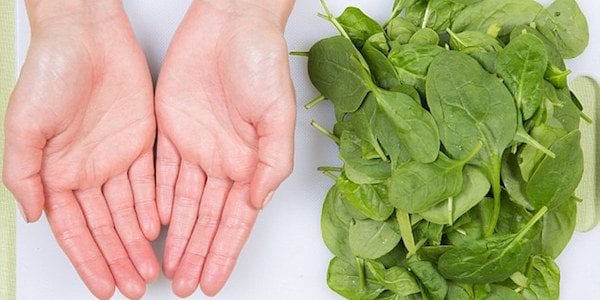
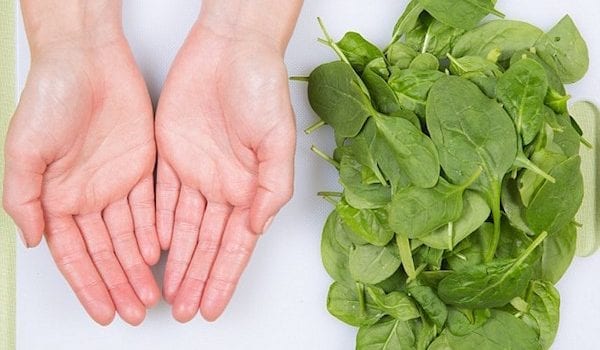
ATHLETE NUTRITION: WHAT FUELS YOU?
Health & Fitness February 13, 2012 Mo Mortazavi 0

Nutrition
Every athlete is limited by one common factor: You are only as good as what fuels you. A complete and diverse diet is critical to provide optimal nutrition to every athlete.
Although sub-optimal nutrition can lead to poor performance, many athletes suffer from nutritional deficiencies that also lead to poor health. Inappropriate caloric intake or limited dietary diversity can cause nutritional deficiencies. With the right balance, a complete balanced diet is all that is required for athletes to perform at their best.
Despite this, the following myths about the optimal athletic diet still exist:
– One must use supplements
– Protein-dominant diets are needed to gain muscle
– Stimulants are needed for optimal energy
– Performance enhancing drugs (PEDs) sold in stores must be safe and without serious side effects
Optimizing your diet begins with knowing how many calories you need.
Highly active athletes need about 15-20 times their weight (in pounds) of total calories per day. Approximately 50 to 60 percent of these calories should come from complex carbohydrates. These include non-processed foods such as whole grains, fresh fruits and vegetables.
Fats also serve a critical role in optimal nutrition. This is contrary to the belief that athlete’s diets must be low in fat. Up to 20-25 percent of their diets should come from healthy unsaturated fats, such as plant oils. These fats are rich in antioxidants, micronutrients and energy production.
Although proteins help with muscle building, only 15-20 percent of all calories need to come from proteins. Protein requirements are 1-2g/kg of protein daily. Endurance athletes may only need 1-1.2g/kg. Conversely power athletes may need 1.5-2g/kg. The kidneys excrete the excess protein or it’s burned as fuel. Meat, dairy, fish, poultry, beans, nuts and soy are great sources of protein.
Micronutrients, hydration and electrolytes
Micronutrients, hydration and electrolytes are also an important part of an athlete’s diet. Iron, vitamins B, C, D and calcium are critical micronutrients. They are commonly deficient in athletes. Diets rich in fresh non-processed foods and dairy are richest in these micronutrients. Also produce with a variety of colors.
Dietary supplementation should only be considered when a complete diet is not possible through natural foods. For example when an athletes not able to consume enough calories or tolerate a diverse diet. When considering supplementation with additional calories, protein or micronutrients, one should consult with a nutritionist or physician.
Enhanced performance has been marketed by other supplements.These include creatine phosphate, stimulants and anabolic aids. These supplements come with significant risks. They may also be contaminated with other supplements that are banned or more dangerous to your health. These supplements are not well regulated. Consequently many athletes have suffered liver failure, sudden cardiac death, and strokes after using these marketed substances. For these reasons, the PEDs are not medically recommended and high caution is advised.
FILLING THE TANK
Nutrition and hydration recommendations before, during and after exercise are as follows:
PRE-EXERCISE:
Fluids:
Pre-hydration with water
Carbs: 4g/kg 3-4 hrs before exercise; then 0.5-1g/kg 1-2 hrs before exercise
Choose familiar foods, low-fat and low-fiber foods to minimize stomach upset
DURING EXERCISE:
Fluids: Water (if less than 1 hour exercise); Sports drink (if more than 1 hour exercise or heavy sweating), 12 oz. every 20-30 minutes.
Carbs: 30g every 30 minutes
AFTER EXERCISE:
Fluids: Sports drink and water, 15-20 oz. per 1 pound of body weight lost during exercise event.
Carbs: 1-1.5g/kg every 2 hrs; begin immediately after event and through 4 hrs after event.
Protein: 0.2-0.4g/kg every 2 hrs; begin immediately after event through 4 hrs after event.
By Dr. Mo Mortazavi
Dr. Mo Mortazavi is pediatric sports medicine physician for the UC Davis Children’s Hospital.

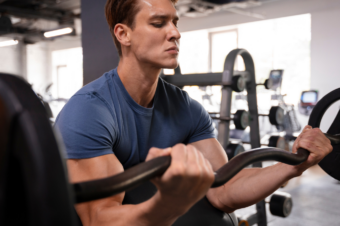

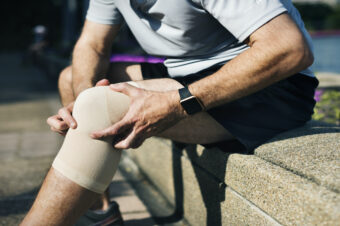
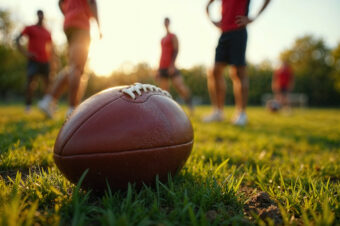




No comments so far.
Be first to leave comment below.